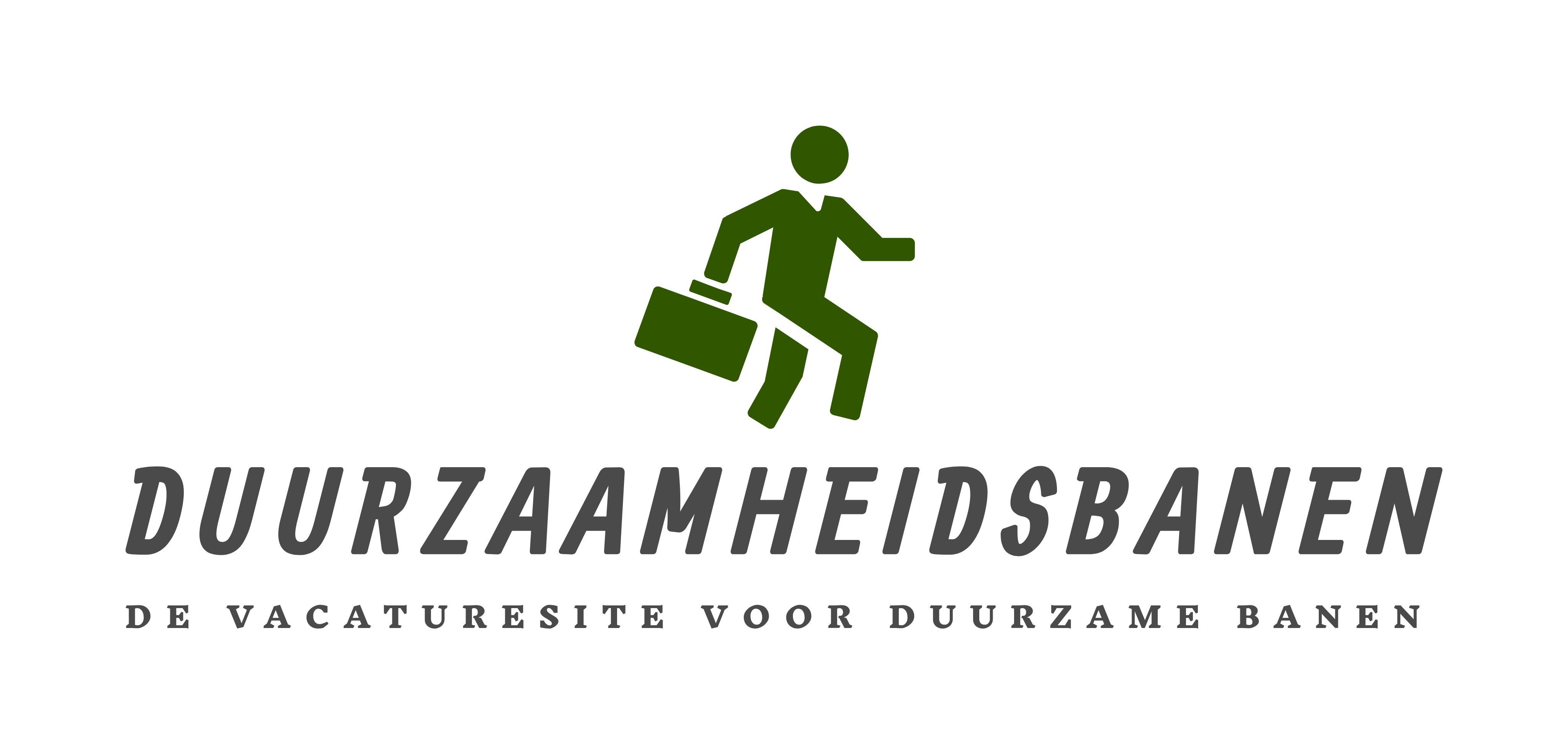PHD STUDENT NAVAL ENERGY SYSTEMS
Besides achieving sustainability goals, enhancing the sustainment of operations with future naval combatants is a crucial theme for the Royal Netherlands Navy. Developing energy generation and ship propulsion concepts that meet future onboard energy needs while controlling emissions and signatures is essential to reach these goals.
A new Netherlands MoD’s research program focuses on flexible energy systems for naval combatants, using digital-twin methods to enhance propulsion and power generation systems. The team includes experts from TNO, MARIN, NLDA, TU Delft, and TU Eindhoven, collaborating through concurrent-design methods. We are looking for an outstanding and enthusiastic PhD candidate to supplement this team.
As a PhD candidate, you’ll study the combustion behavior of diesel and diesel-methanol engines and their impact on engine signatures. You’ll develop models to predict structure-borne noise and infrared signatures, using experimental data from TNO and NLDA facilities. Your work will inform control strategies to optimize these signatures in operational conditions.
Responsibilities
- Literature Review: Investigate existing research on the influence of combustion on engine signatures.
- Model Development: Develop models for noise and infrared signatures of combustion engines using both physical principles and data-driven techniques.
- Experiments: Develop and implement experimental methods to evaluate interactions between combustion behavior, structure-borne noise, and exhaust-gas-based infrared signatures and collect data from test setups at TNO and NLDA.
- Model Integration: Combine experimental results to develop comprehensive models that replicate infrared and noise signatures across the entire operating envelope in both static and dynamic conditions.
- Control Strategy Development and Validation: Use the developed models to create control strategies aimed at improving noise and infrared signatures during operational conditions and maneuvers. Test control strategies in MARIN’s physical and virtual Zero Emission Lab, and validate full-scale system behavior with operational tests.
Job Requirements
- MSc in mechanical engineering, marine engineering, thermodynamics, or related fields.
- Expertise or interest in combustion research, engine modeling, thermodynamics, data analysis, or machine learning.
- Proficiency in English and teamwork skills.
Conditions of Employment
- On-site work: 1 day/week at MARIN in Wageningen, 2 days/week in Delft in the Marine Engineering group at the Maritime and Transport Technology department.
- Flexibility for remote work and longer periods on-site during measurement campaigns.
- Regular visits to partner facilities, including attending the Netherlands Defence Academy on a monthly basis.
- During measurement campaigns longer periods in Helmond or Den Helder might be required.
Additional Information
For more details, contact:
- Dr. ir. Rinze Geertsma (r.d.geertsma@tudelft.nl)
- Dr. Menno Merts (M.Merts@marin.nl)
- Dr. Andrea Coraddu (a.coraddu@tudelft.nl)
Application procedure
- Salaris Vrij P.A
- Land Netherlands
- Stad Wageningen
- Vacature link Bezoek website
- Solliciteer direct! Bezoek website
- Bedrijf Maritime Research Institute Netherlands
- Type dienstverband Multiple Types Available
- 0
- P.A
- Den Bosch
- 0
- P.A
- 's-Hertogenbosch
- 0
- P.A
- Meerdere locaties
- 0
- P.A
- 's-Hertogenbosch

We schrijven zelden, maar alleen de beste inhoud.
Controleer uw e-mail voor een bevestigingsmail.
Pas nadat u uw e-mailadres heeft bevestigd, wordt u geabonneerd op onze nieuwsbrief.

